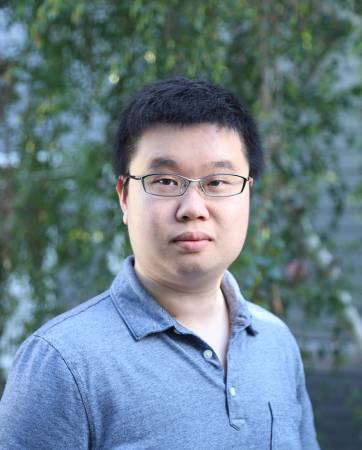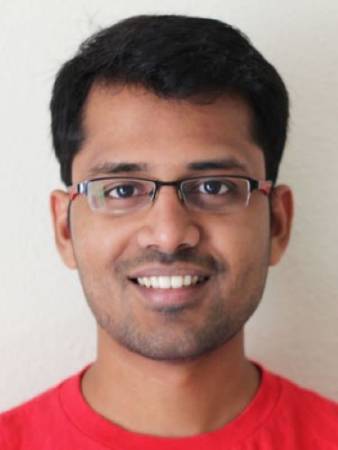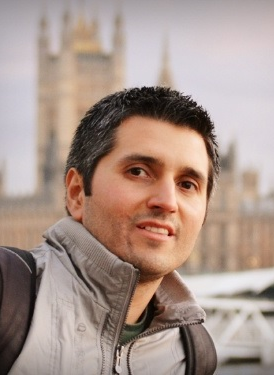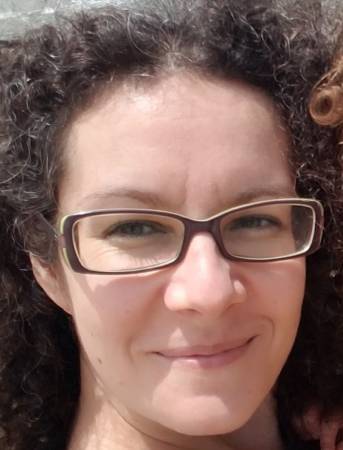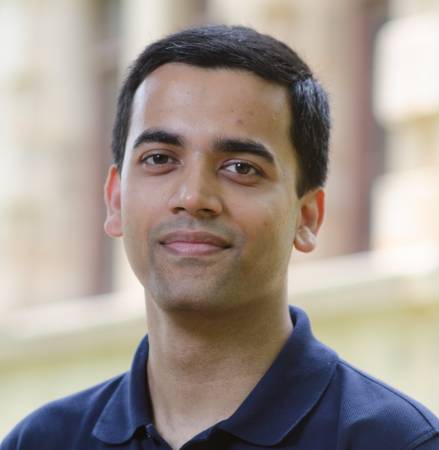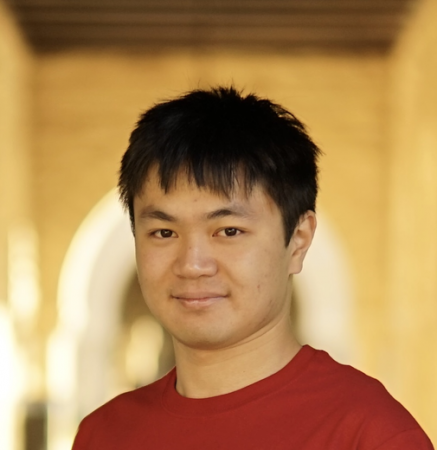VASC Seminar
Towards Weakly-Supervised Visual Understanding
Abstract: Learning with weak and self-supervisions recently emerged as compelling tools towards leveraging vast amounts of unlabeled or partially-labeled data. In this talk, I will present some of the latest advances in weakly-supervised visual scene understanding from NVIDIA. Specifically, I will summarize and discuss some challenges and potential solutions in weakly-supervised learning, and introduce our [...]
Imaging without focusing: A computational approach to miniaturizing cameras
Abstract: Miniaturization of cameras is key to enabling new applications in areas such as connected devices, wearables, implantable medical devices, in vivo microscopy, and micro-robotics. Recently, lenses were identified as the main bottleneck in miniaturization of cameras. Standard smaller lens-system camera modules have a thickness of about 10 mm or higher, and reducing the size [...]
Towards photo-realistic face digitization from monocular videos
Abstract: Recent advances in face capture now enable digitizing high-quality 3D faces for the entertainment industry. Standardized digitization solutions, however, require tailor-made capture systems and extensive manual work, making them expensive and hard to deploy. With the advent of commodity sensors, new lightweight approaches that push the boundaries of human digitization have been introduced, slowly [...]
Reconstructing 3D Human Avatars from Monocular Images
Abstract: Statistical 3D human body models have helped us to better understand human shape and motion and already enabled exciting new applications. However, if we want to learn detailed, personalized, and clothed models of human shape, motion, and dynamics, we require new approaches that learn from ubiquitous data such as plain RGB-images and video. I [...]
Reasoning about complex media from weak multi-modal supervision
Abstract: In a world of abundant information targeting multiple senses, and increasingly powerful media, we need new mechanisms to model content. Techniques for representing individual channels, such as visual data or textual data, have greatly improved, and some techniques exist to model the relationship between channels that are “mirror images” of each other and contain [...]
Building Trust in Real World Applications of Vision Based Machine Learning
Abstract: In all machine learning problems, there is an explicit trade off between cost and benefit. In real world vision problems, this optimization becomes increasingly difficult since those trade offs directly impact technology and product development as well as business strategy. For any successful business case, it is critical that the cost/benefit trade offs in [...]
Knowledge Infused Deep Learning
Abstract: This talk is motivated by the following thesis: Background knowledge is key to intelligent decision making. While deep learning methods have made significant strides over the last few years, they often lack the context in which they operate. Knowledge Graphs (and more generally multi-relational graphs) provide a flexible framework to capture and represent knowledge [...]
Learning to Reconstruct 3D Humans
Abstract: Recent advances in 2D perception have led to very successful systems, able to estimate the 2D pose of humans with impressive robustness. However, our interactions with the world are fundamentally 3D, so to be able to understand, explain and predict these interactions, it is crucial to reconstruct people in 3D. In this talk, I [...]
Deep Learning for Understanding Dynamic Visual Data
Abstract: Perceiving dynamic environments from visual inputs allows autonomous agents to understand and interact with the world and is a core topic in Artificial Intelligence. The success of deep learning motivates us to apply deep learning techniques to the perception of dynamic visual data. However, how to design and apply deep neural networks to effectively [...]
Analyzing Grasp Contact via Thermal Imaging
Abstract: Grasping and manipulating objects is an important human skill. Because contact between hand and object is fundamental to grasping, measuring it can lead to important insights. However, observing contact through external sensors is challenging because of occlusion and the complexity of the human hand. I will discuss the use of thermal cameras to capture [...]
